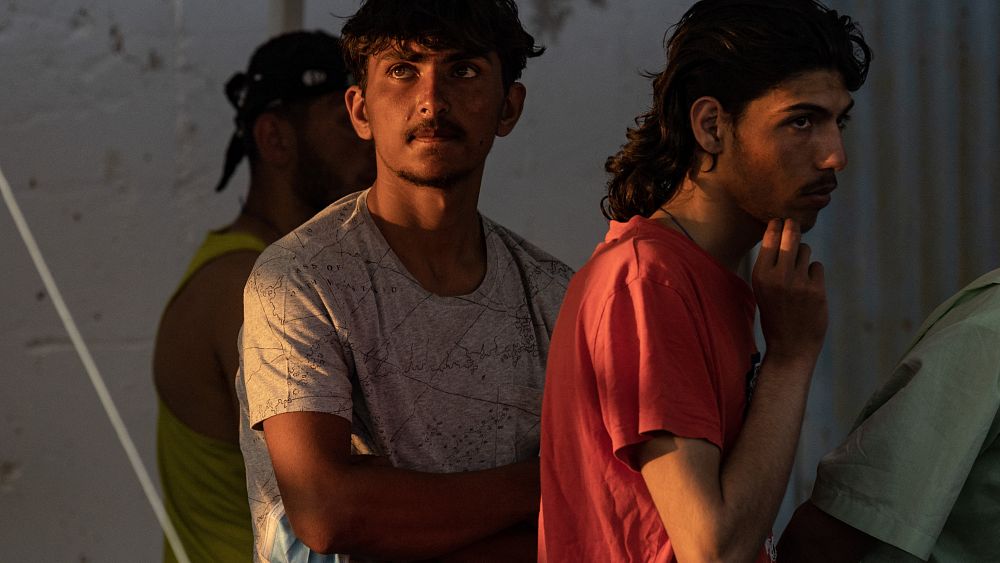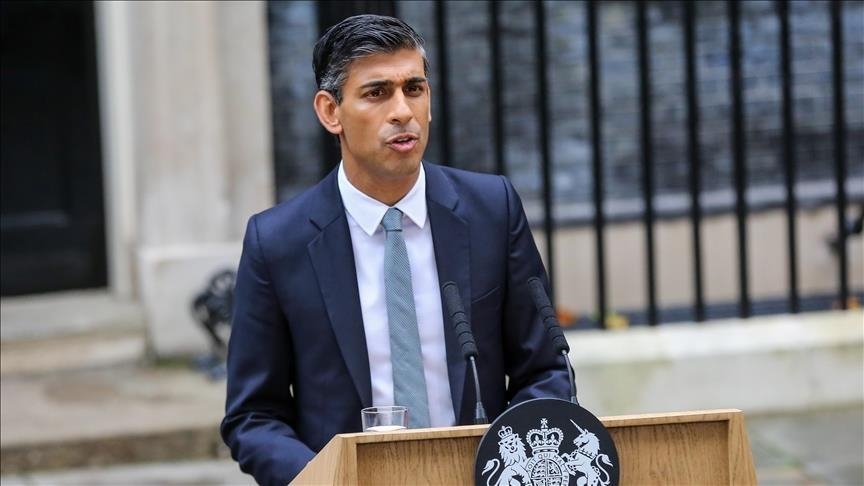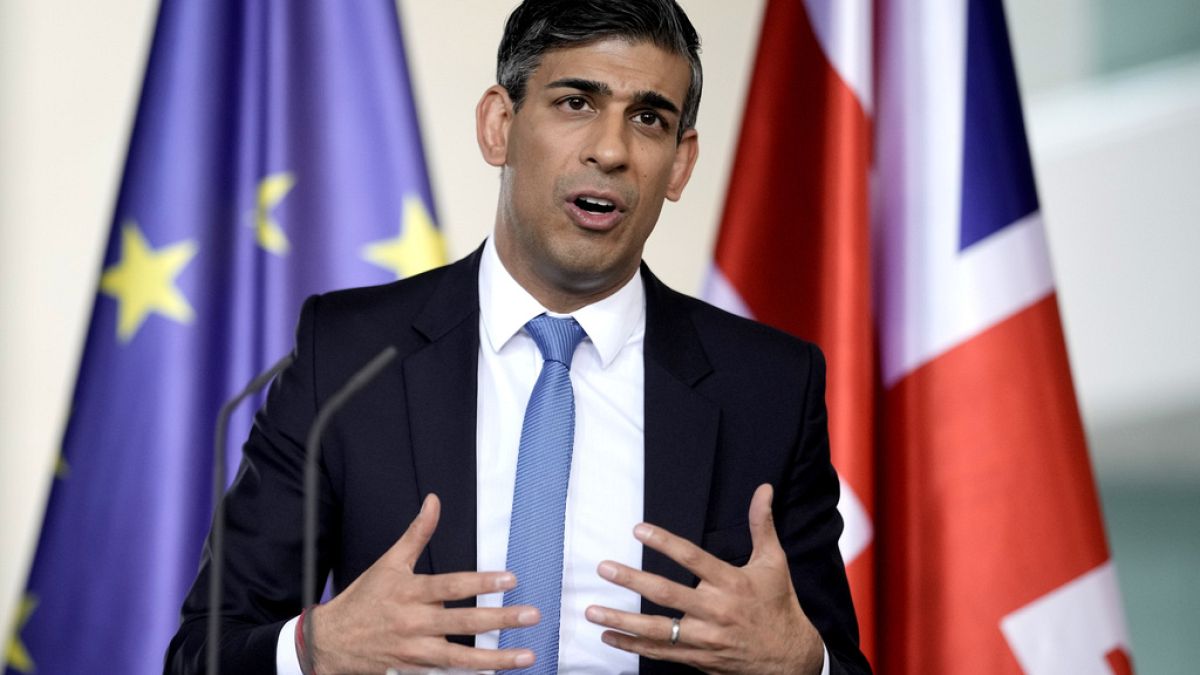Stop the influx of migrants into Europe by outsourcing asylum applications so they are processed in countries outside the EU. Although this idea is attractive to some EU Member States, it faces major legal obstacles.
204,000 This is the number of asylum applications filed in Germany in the first half of 2023, according to the Federal Office for Migration and Refugees.
To address migration pressures, several European countries are considering outsourcing the processing of asylum applications to third countries outside the European Union.
And this idea began to gain ground in the Old Continent. “European countries are increasingly interested in the possibility of processing asylum applications outside the EU borders,” said Susan Fratzke, an expert at the Migration Policy Institute. Denmark, Italy, Germany and Austria are studying this solution to stop the irregular arrival of people to the EU.
According to Tania Racho, researcher at the University of Paris-Saclay and member of Désinfox Migrations, “Asylum is a burden the government is trying to lighten“.
“European governments see this policy as a way to facilitate the return of people who do not need protection. Their application was rejected: they were returned from a third country and never entered the EU,” added Susan Fratzke.
Italy reached an agreement with Albania on November 6 to transfer migrants and asylum seekers rescued at sea by Italian authorities there while waiting for their claims to be processed.
Philippe De Bruycker, professor of Asylum and Immigration Law at the Free University of Brussels, believes that this is Meloni’s “political gesture to show his voters that he is acting on the issue of immigration.” According to him, this transfer could be more expensive,”because a camp had to be built in Albania at Italian expense, managed, staff relocated and, of course, legal aid organized for asylum seekers on the spot.”
Risk of different treatment
Although it does not apply to minors, pregnant women and other vulnerable groups, this project raises many concerns.
“The Memorandum of Agreement creates an ad hoc extraterritorial asylum regime, characterized by many legal ambiguities,” the reaction of the Council of Europe’s Commissioner for Human Rights, Dunja Mijatović. “If there is no legal certainty, human rights guarantees and obligations to respond to violations may not be respected,” he added.
The act of outsourcing increases the risk of human rights violations, according to the Strasbourg-based intergovernmental organization.
“There is a risk of different treatment between asylum applications that will be examined in Italy and those that will be examined in Albania,” stressed Carmine Conte, legal expert at the Migration Policy Group.
“Albania is not required to comply with European law asylum,” he continued.
Does European law apply?
The agreement provides for the construction of two centers in the ports of Shengjin and Gjader, which could raise compliance issues with international and European laws.
“European law does not automatically allow the detention of all asylum seekers and requires an individual examination of each case. “This law also requires that detention is not a solution used as a first resort,” explained Philippe De Bruycker.
Another issue raised by legal experts is the violation of the basic principle stated in the Geneva Conventions: namely non-refoulement. “If people present themselves as asylum seekers to Italian authorities and become refugees, it is called refoulementsaid researcher Tania Racho.
However, the first legal assessment carried out by the European Commission shows that European law does not apply outside the territory of the EU.
But the agreement also raises moral questions.
“Normalize the externalization of Member States’ responsibilities“said Ivana Belén Ruiz Estramil, researcher at the University of Coimbra.
Currently, no projects between EU Member States and third countries have come to fruition. And the recent failure of a similar project in England does not bode well for the future of the agreement between Rome and Tirana.
In the UK, the Supreme Court has ruled that plans for a treaty with Rwanda are illegal.
“If the UK, which is no longer a member of the EU, can’t do this, I’d be surprised if Italy cansaid Tania Racho. Many questions regarding the feasibility of such a project remain unanswered.

“Web specialist. Incurable twitteraholic. Explorer. Organizer. Internet nerd. Avid student.”






